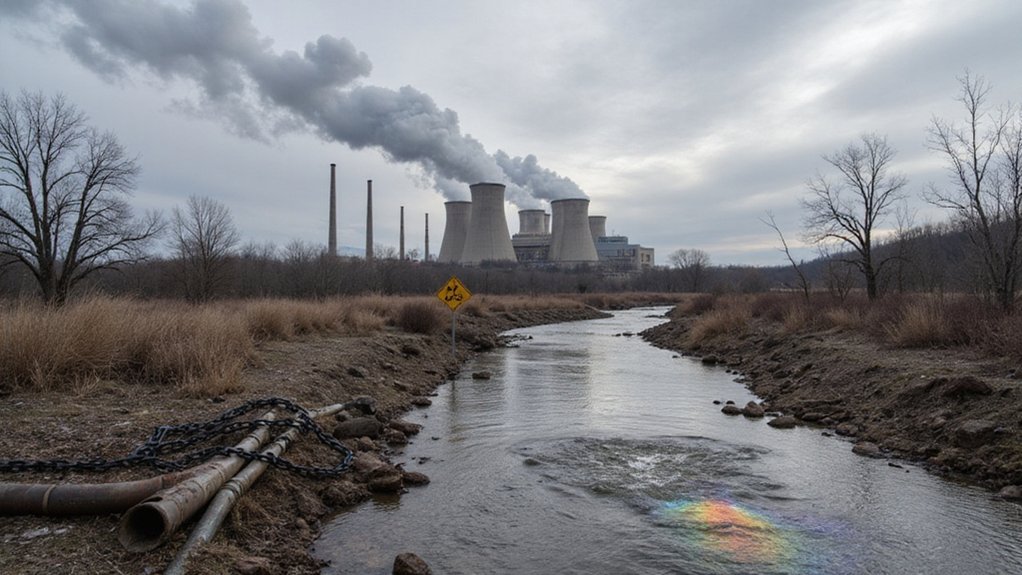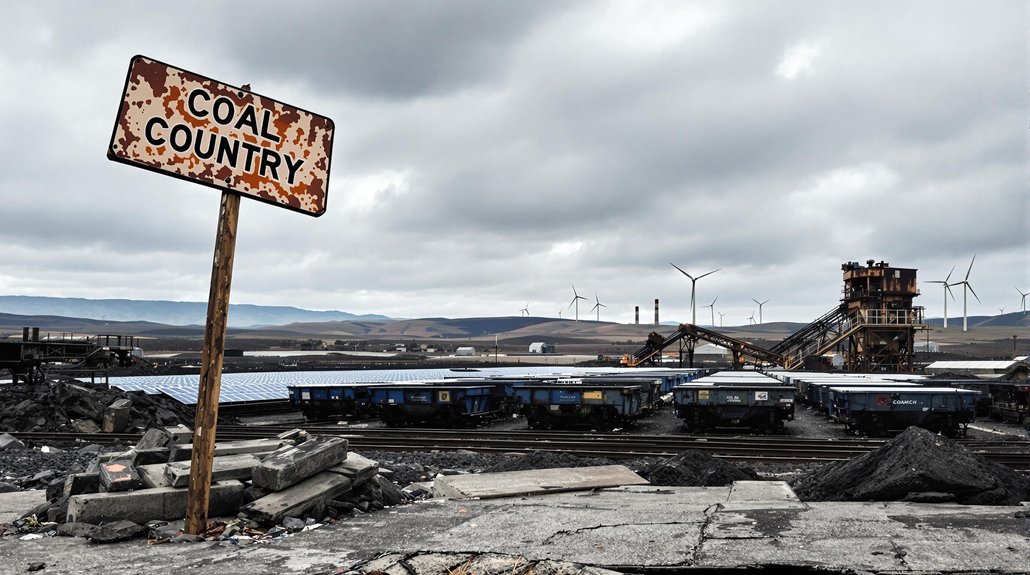The Trump administration dismantled nearly 100 environmental regulations during its term, dramatically reshaping America’s approach to pollution control and conservation. By the end of the administration, officials had completed rollbacks of 98 rules with 14 more in process. These changes targeted carbon emissions and climate policies that the administration viewed as burdensome to industry.
A key focus was revitalizing the coal industry through deregulation. The Clean Power Plan, which limited coal plant emissions, was revoked. Regulations on toxic wastewater from coal plants were eliminated or weakened. The administration also made it easier to lease federal lands for coal mining by reducing environmental oversight requirements. This shift away from renewables contributed to green energy stocks crashing back to 2019 levels.
The National Environmental Policy Act (NEPA) underwent major changes, with review processes shortened and streamlined. Projects no longer needed to evaluate “cumulative” or “indirect” environmental impacts, making approvals faster. Executive Order 13807 directed federal agencies to limit public comment periods and complete reviews within two years. Communities with limited resources found it particularly difficult to engage in the process as public comment periods were significantly shortened.
Chemical and industrial regulations faced similar cuts. The EPA’s budget was proposed to be reduced by 31%, limiting resources for toxic waste oversight. Federal monitoring of hazardous chemical storage was weakened, while industrial pollution standards were reduced or enforced less strictly. The administration’s policies were specifically designed to benefit the chemicals industry through relaxed regulations.
The administration withdrew from the Paris Climate Agreement on its first day in office, signaling its approach to environmental policy. Officials often justified these changes as “giving power back to states,” though federal preemption of stricter state standards was encouraged in some sectors like auto emissions.
Environmental groups raised concerns about these policy shifts. They warned of increased air and water pollution, especially in vulnerable communities. Changes to the Endangered Species Act reduced protections for at-risk wildlife. Critics noted that communities faced greater difficulties challenging high-pollution projects due to shortened review periods and reduced federal oversight.
References
- https://earth.org/trump-2-0-actions-we-are-likely-to-see-against-climate-nature-and-wildlife/
- https://en.wikipedia.org/wiki/Environmental_policy_of_the_first_Trump_administration
- https://trumpwhitehouse.archives.gov/ceq/nepa-modernization/
- https://www.stinson.com/newsroom-publications-first-month-of-the-trump-administration-environmental-summaries-and-insights
- https://www.epa.gov/newsreleases/epa-launches-biggest-deregulatory-action-us-history









